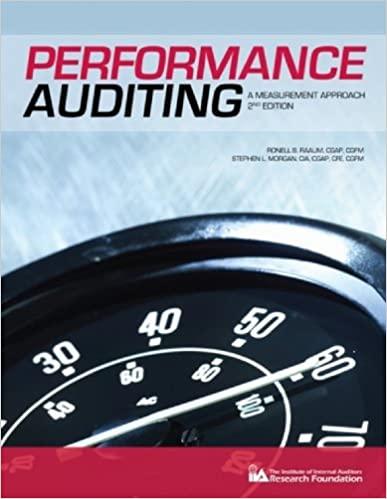Answered step by step
Verified Expert Solution
Question
1 Approved Answer
SnapOn makes snap - together button fasteners ( a male top and female bottom ) for designer clothes. Each top and bottom consists of several
SnapOn makes snaptogether button fasteners a male top and female bottom for designer clothes. Each top and bottom consists of several metal parts that, when attached to the garment, allow the shirt, jacket, or pants to be closed without the use of a zipper. The top of each button consists of a shiny or painted metal surface, usually embossed with the designer's logo or design. Fashion design houses contract with manufacturers to produce their fashion lines. The fashion house specifies the particular SnapOn fasteners the manufacturer will use. The manufacturer then purchases the top and bottom sections of the fasteners and leases SnapOn attaching machines to attach the fasteners to the garments. Because each fastener is designed specifically for a particular designer, SnapOn attaching machines must be tailored to each fastener so that the fastener can be attached to the garment without scratching or marring the snap, and the machine can operate reliably without jamming. Each machine is specialized to a particular fastener by the tooling in the machines, which have tight tolerances for the particular fastener shape, size, and finish. This tooling is the materials handling device that moves the various components of the tops and bottoms through the machine and positions them in the correct location so that the machine can then compress the metal parts and fabric together.
SnapOn has achieved a good reputation among top design houses for producing highquality, unique fasteners and a line of attaching machines that do not jam and do not mar the fastener. SnapOn has a staff of service technicians who maintain the attaching equipment If a machine malfunctions, SnapOn guarantees that it will repair it within hours, anywhere in North America. This service is very important to SnapOn's customers because fashion designers operate on short cycle times. Once they design their spring, summer, fall, or winter lines and show them to the buyers, the designers have eight weeks to produce and deliver the lines. Keeping their designs secret until they are released keeps other fashion houses and knockoff producers from copying their designs. The top fashion designers are willing to pay premium prices for highquality fasteners that can be attached using highly reliable equipment.
SnapOn has two product lines fasteners and attaching machines and produces both lines in the same plant. Separate managers are responsible for the two product lines. Each manager receives percent of hisher bonus based on reported net income of hisher product line, and percent of hisher bonus based on SnapOn's total net income. All manufacturing overhead of $ million is applied to all products attaching machines and fasteners using direct labor dollars. All selling and service costs of $ million are allocated to fasteners and attaching machines based on revenue dollars generated by each product line. The following table summarizes the operations of SnapOn in millions for the most recent fiscal year.
SNAPON FASTENERS
Summary of Operations
Last Fiscal Year
Machines Fasteners
Revenue $ $
Direct labor
Direct materials
Required:
a Prepare income statements for SnapOn's two lines of business fasteners and attaching machines that include manufacturing overhead and selling and service expenses allocated to each business line using the methodology described previously. Assume there are no beginning or ending inventories of either attaching machines or fasteners. b Senior management is concerned that its current costing methodology of allocating manufacturing overhead based on direct labor dollars is too simplistic and is not producing unit manufacturing costs that accurately reflect the true consumption of indirect manufacturing overheads. Since manufacturing overhead is about percent of total manufacturing cost direct labor, direct materials, and manufacturing overhead small errors in cost allocations could materially affect the calculated unit manufacturing costs. Some foreign competitors are entering SnapOn's traditional fashion markets and are offering fasteners at prices below SnapOn's unit manufacturing costs. Garment manufacturers who use these foreign fasteners have to lease attaching machines from other US manufacturers because the foreign fastenermakers do not provide their own attaching machines. SnapOn will not allow nonSnapOn fasteners to be used in SnapOn attaching equipment.
Senior management organizes a task force to study SnapOn's manufacturing overhead and selling and service costs and asks the task force to devise a better methodology for tracing these costs to individual products and the two lines of business. After three months of analysis, the task force presents the following breakdown of last year's manufacturing overhead amount:
MOH Amount Cost Driver
Purchasing $ Direct materials
Depreciation of machinery
Step by Step Solution
There are 3 Steps involved in it
Step: 1

Get Instant Access to Expert-Tailored Solutions
See step-by-step solutions with expert insights and AI powered tools for academic success
Step: 2

Step: 3

Ace Your Homework with AI
Get the answers you need in no time with our AI-driven, step-by-step assistance
Get Started


